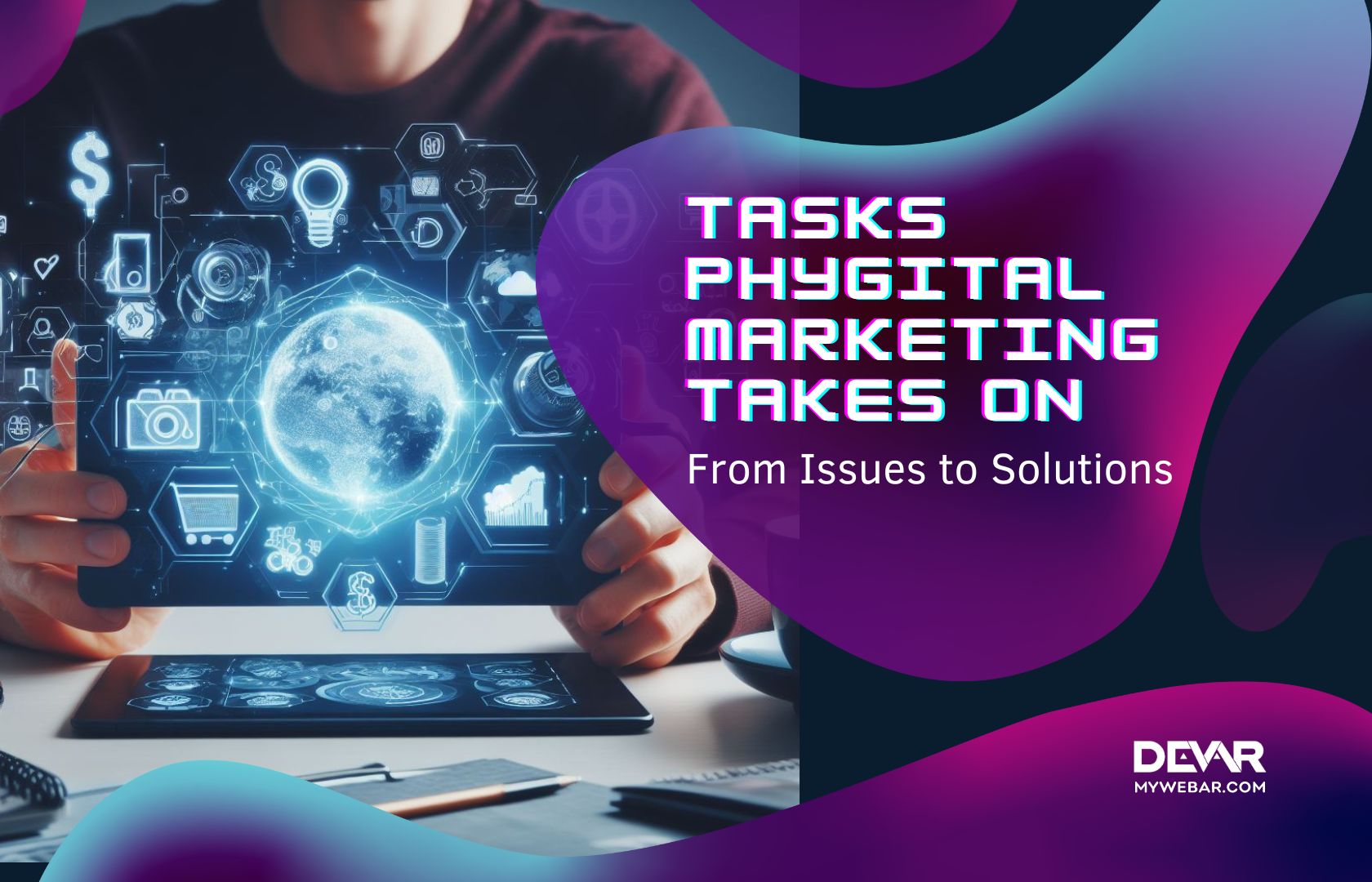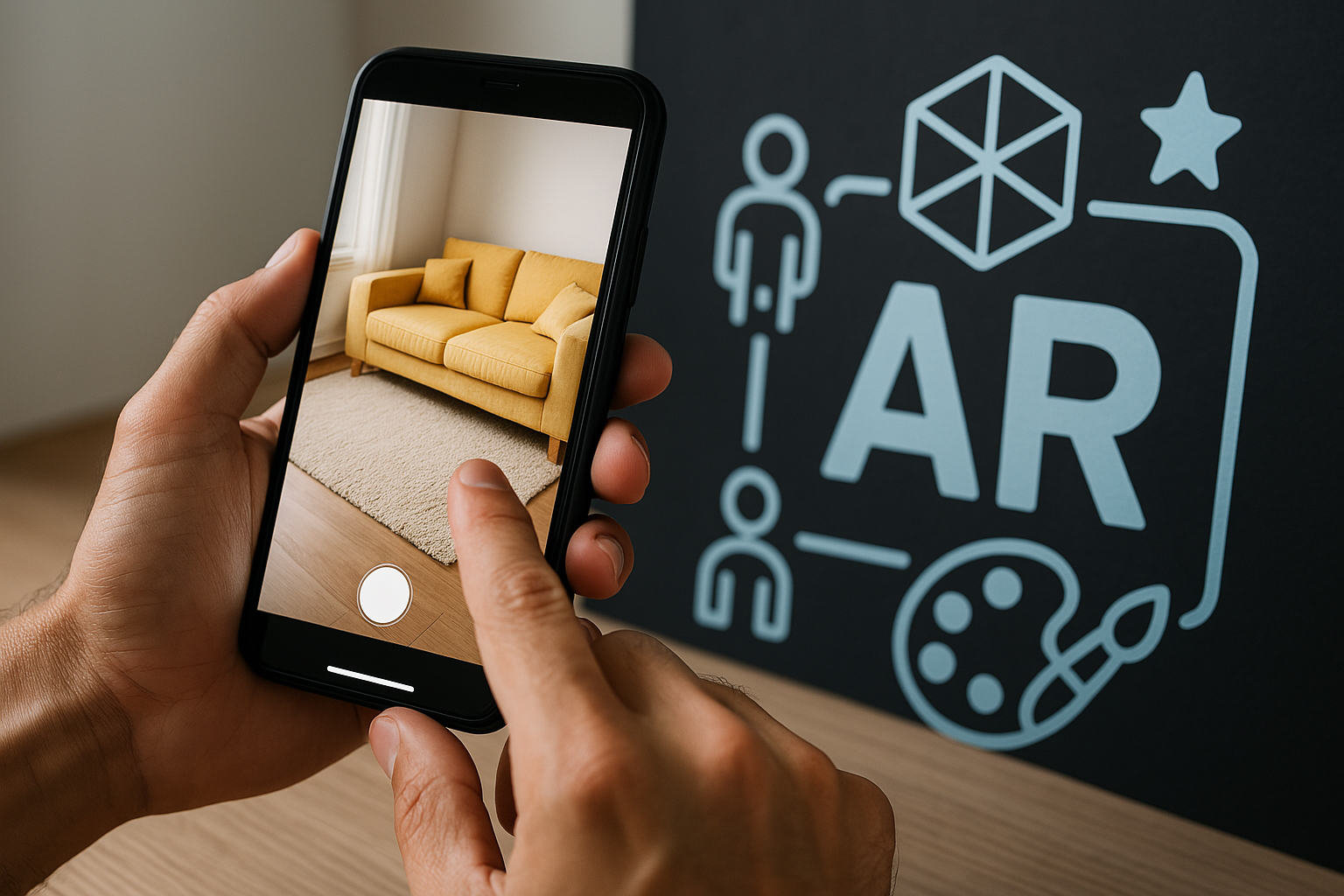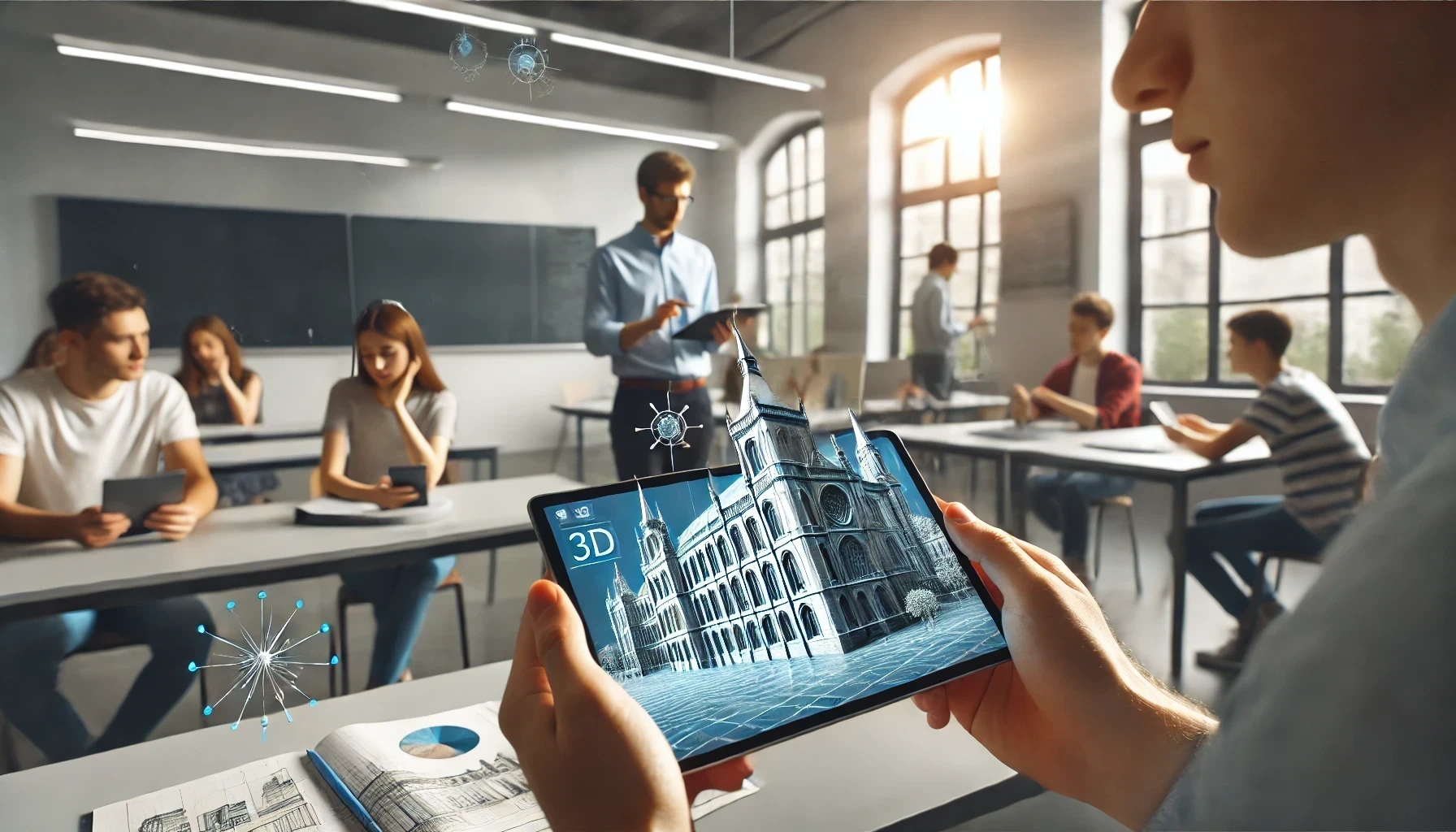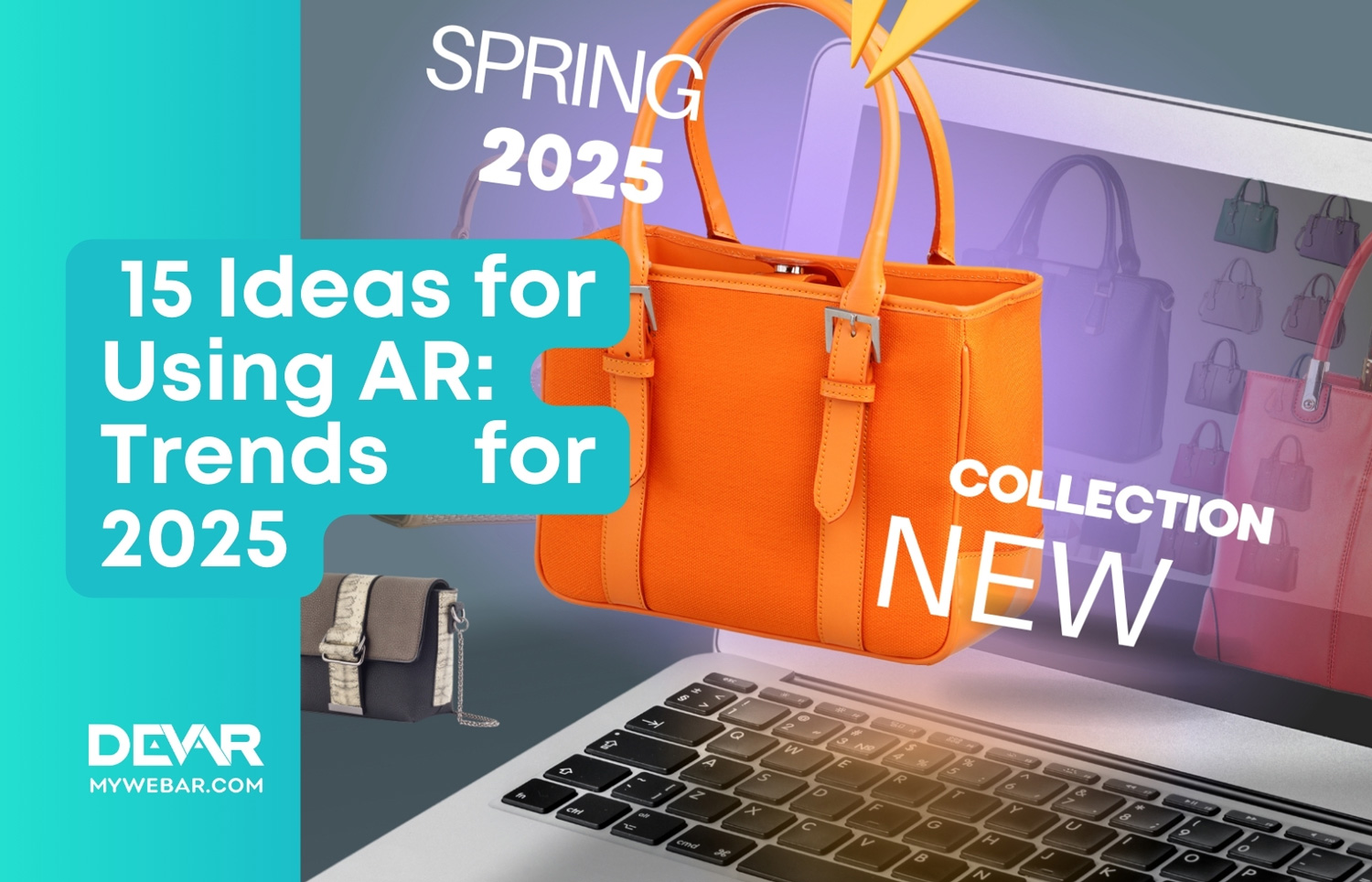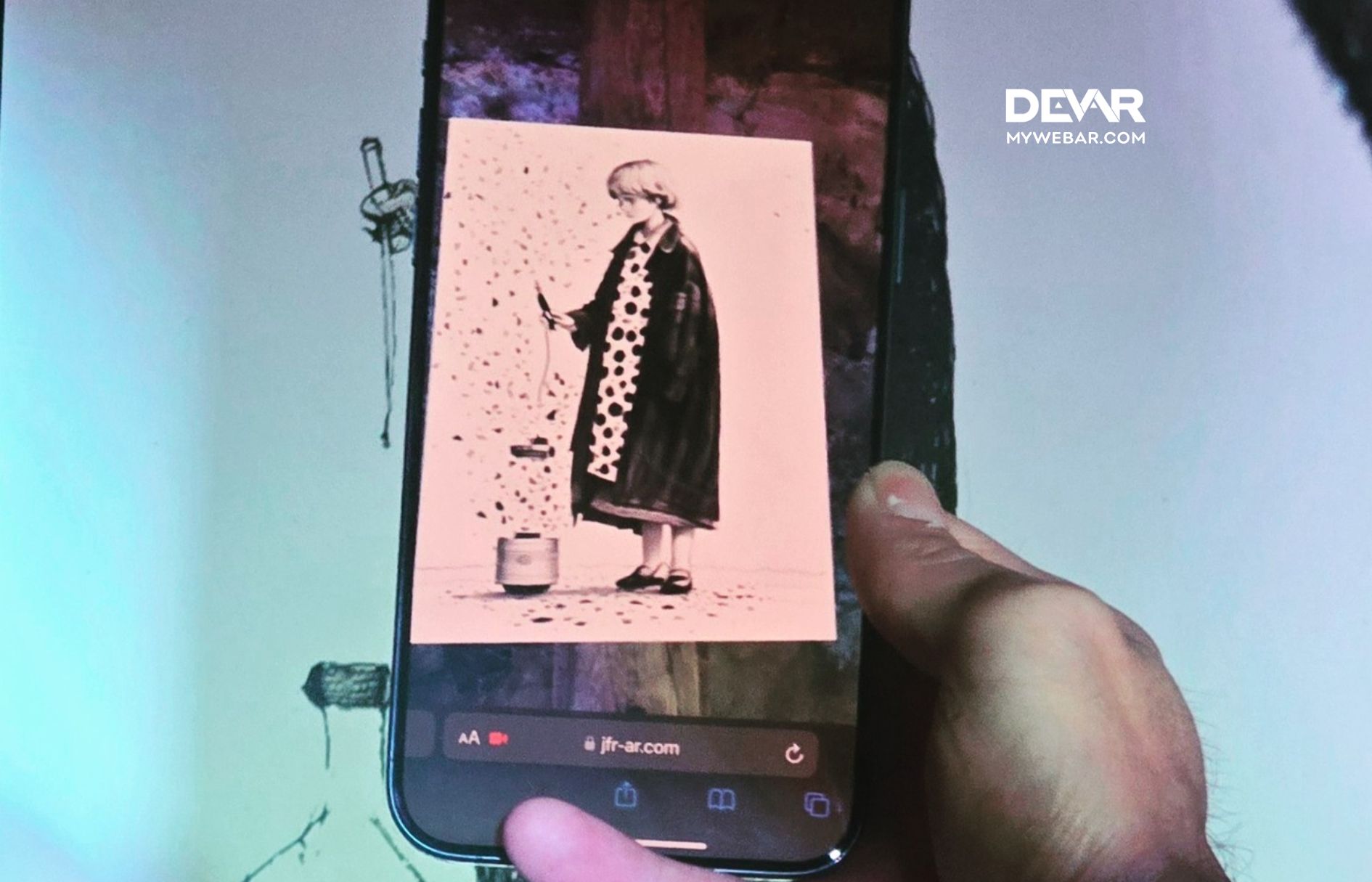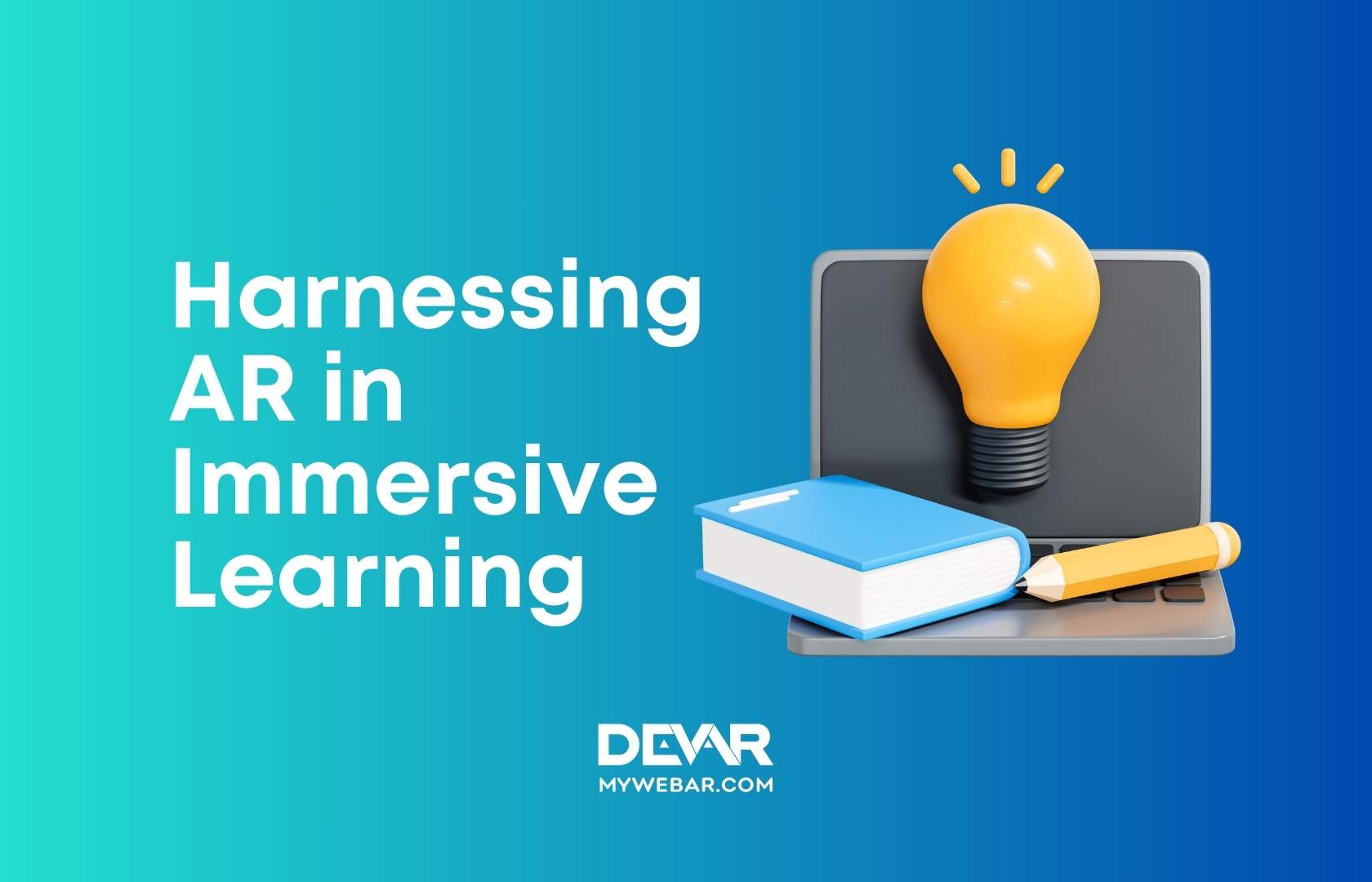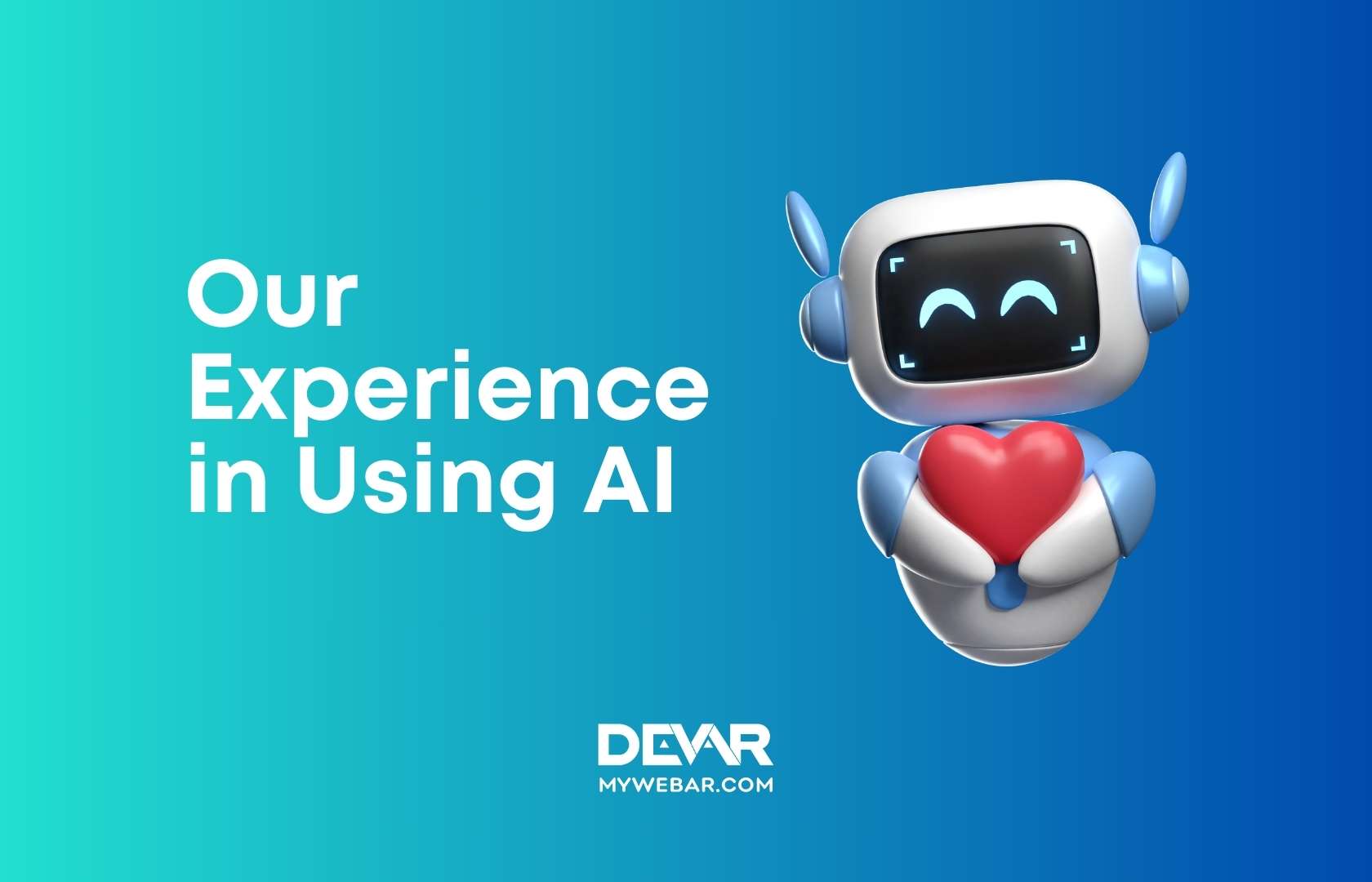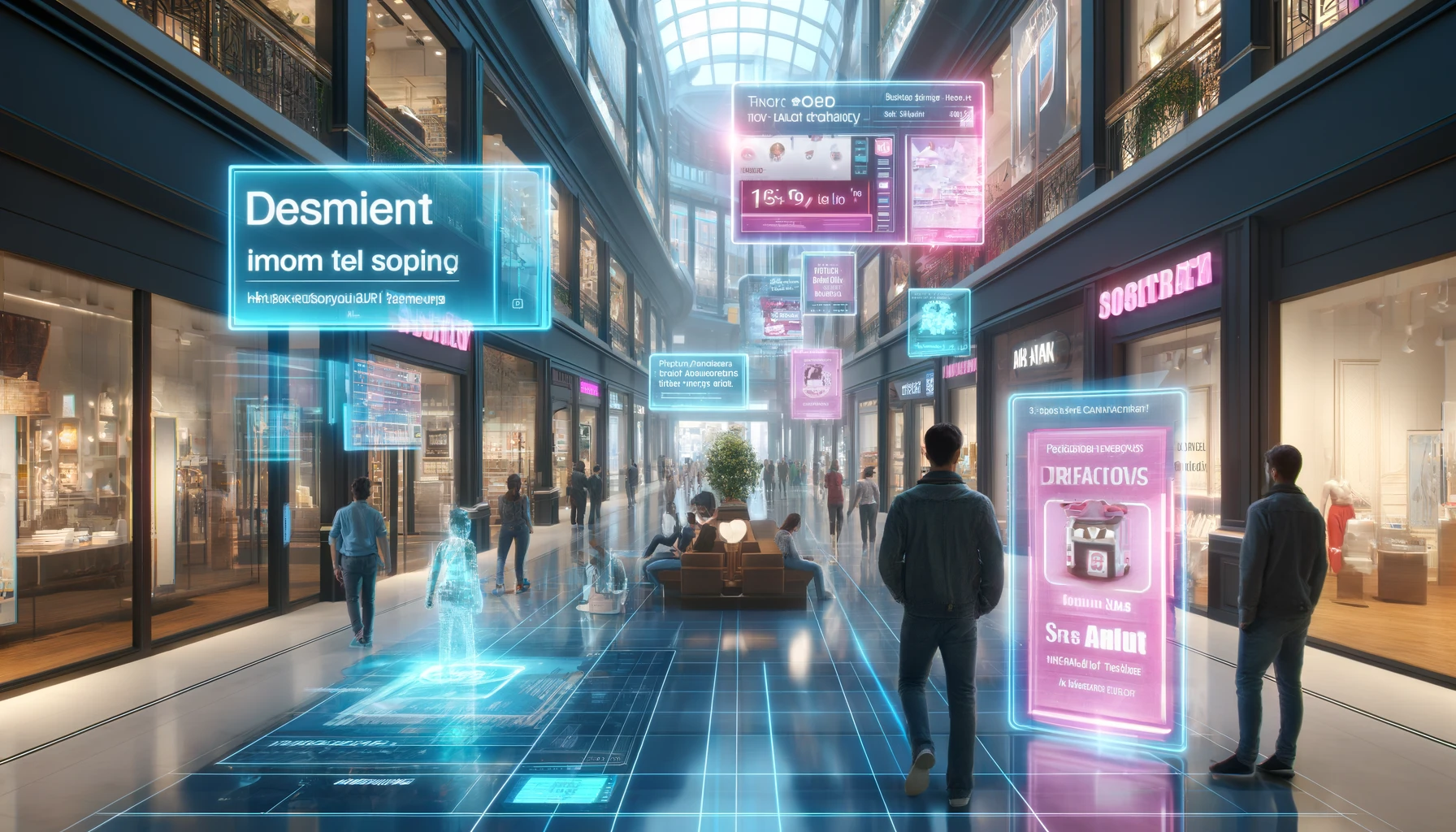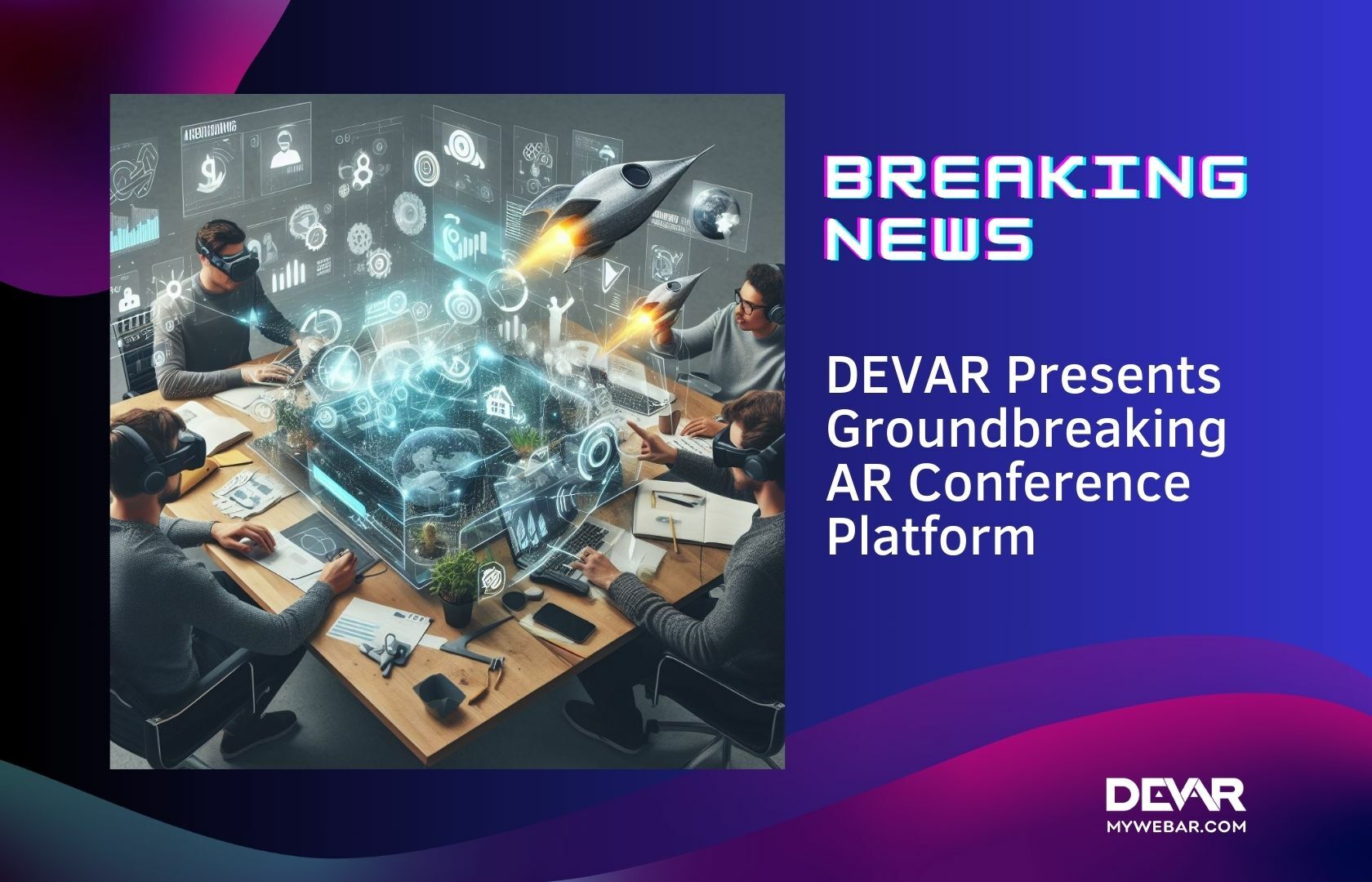We have recently introduced a new plan, “Phygital-Marketing,” on our platform, and it has received positive feedback from clients, including large companies and brands. This article aims to shed light on this relatively new direction in the world of marketing, exploring the challenges that phygital marketing resolves for businesses and its potential in transforming the marketing paradigm.
Physical Goods as a Point of Entry
While immersive technologies have led to the emergence of a new market for digital clothing, physical goods remain a priority. Phygital marketing proposes a revolutionary concept: making physical goods the entry point to the digital world using immersive technologies. For example, a purchase of 100 thousand pairs of sneakers serves as the entry point to your website. Typically, businesses spend $5 to attract the target audience to the site; however, in this scenario, it’s essentially free, as customers are making a purchase.
The imminent arrival of AR glasses is poised to reshape consumer behavior, similar to the transformative impact of smartphones. Historically, there were no global online aggregators, and habits such as ordering cabs, food, and engaging in online education were not prevalent until the advent of smartphones.
Marketers need to prepare by envisioning how their products will integrate with digital content, ensuring continued audience engagement.
Accurate Target Audience Identification
Phygital marketing encompasses everything related to physical goods, serving as both the entry point to the website and a means of gathering information. Augmented reality emerges as the key technology for precisely targeting audiences, bridging the gap for businesses that primarily sell physical goods through partners or marketplaces.
AR technology facilitates additional product exposure through physical interaction or online display, providing valuable customer insights. Phygital marketing enables the selection of tools for audience research and targeted advertising campaigns, making it relevant even for industries producing physical goods like sneakers or books.
Effective Hypothesis Testing
Traditional marketing campaigns often allocate significant budgets for hypothesis testing. Phygital marketing, powered by augmented reality technology, promises cost savings by providing effective strategies for engaging target audiences. The integration of AR serves as a bridge between physical goods and the digital world, offering tools to analyze and evaluate marketing activations.
In the realm of marketing, augmented reality is often synonymous with the wow effect. However, the expenditure on AR market in 2022 reached $3 billion, and it is projected to surge to $40 billion within the next three years. Typically, the AR marketing budget is allocated across three main segments: creatives, content creation, placements, and AR platform fees.
Remarkably, the discussion around marketing physical goods, or more precisely, their digitalization, is currently limited. Nevertheless, the Phygital marketing opportunity promises a more efficient utilization of marketing budgets.
Feedback from Consumers
This is perhaps our favorite point.In the preceding sections, we discussed how to digitalize our inherently non-digital products. We also covered strategies for understanding our audience and discovering new potential customers. In this section, we will guide you on obtaining feedback from your customers, improving your product, and anticipating customer preferences.
Imagine this: a customer purchases your product and interacts with it using augmented reality, thanks to the incorporation of immersive technologies into the user experience. Are you fully aware of the impact your product has on the customer? Will they return to the AR content? Will they share their impressions on social media? Which scenes have gained the most popularity? Is your AR instruction manual for household appliances easily understandable?
Devar’s nine years of experience have equipped us with insights on refining and enhancing both your AR content and physical products (you are aware that we publish AR books in 75 countries, right?).
Focusing on numerous metrics derived from Phygital marketing achieves this refinement. These metrics include time spent in an AR scene, the number of returns to the book, preferences for characters and scenes, identification of uninteresting scenes, and understanding our target audience. We shape our products based on the data we receive. Over 300 partners worldwide confirm the success of our books.
Conclusions
As emphasized by Tim Cook about new technologies: ‘AR is a technology that we will look at later from the future and not understand how we lived without it.’
Phygital marketing is opening new horizons in the field of marketing. It provides precise tools for interacting with the audience and changing conventional perceptions of marketing strategies. This innovative approach promises businesses not only to adapt to new realities. It also assures them to thrive successfully in the digital era.
